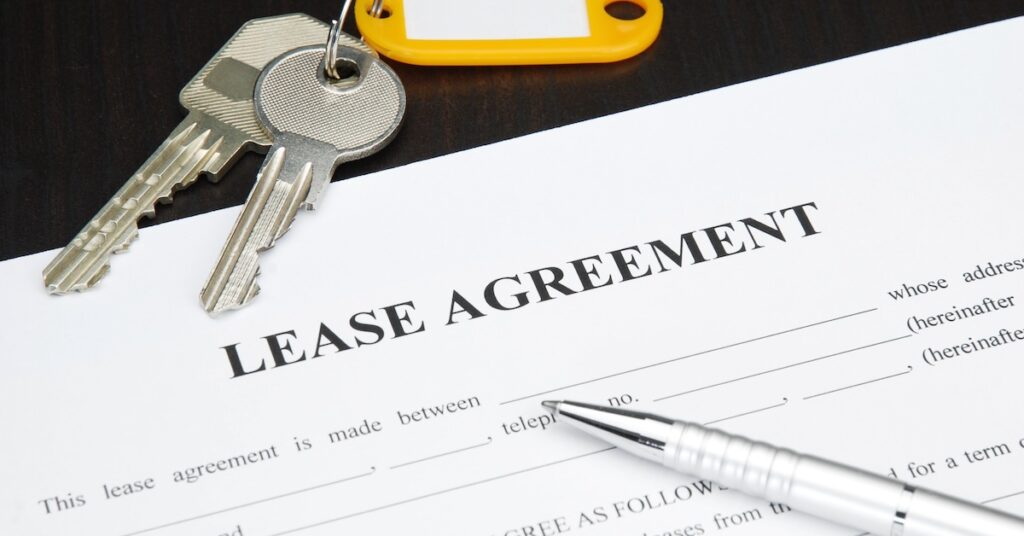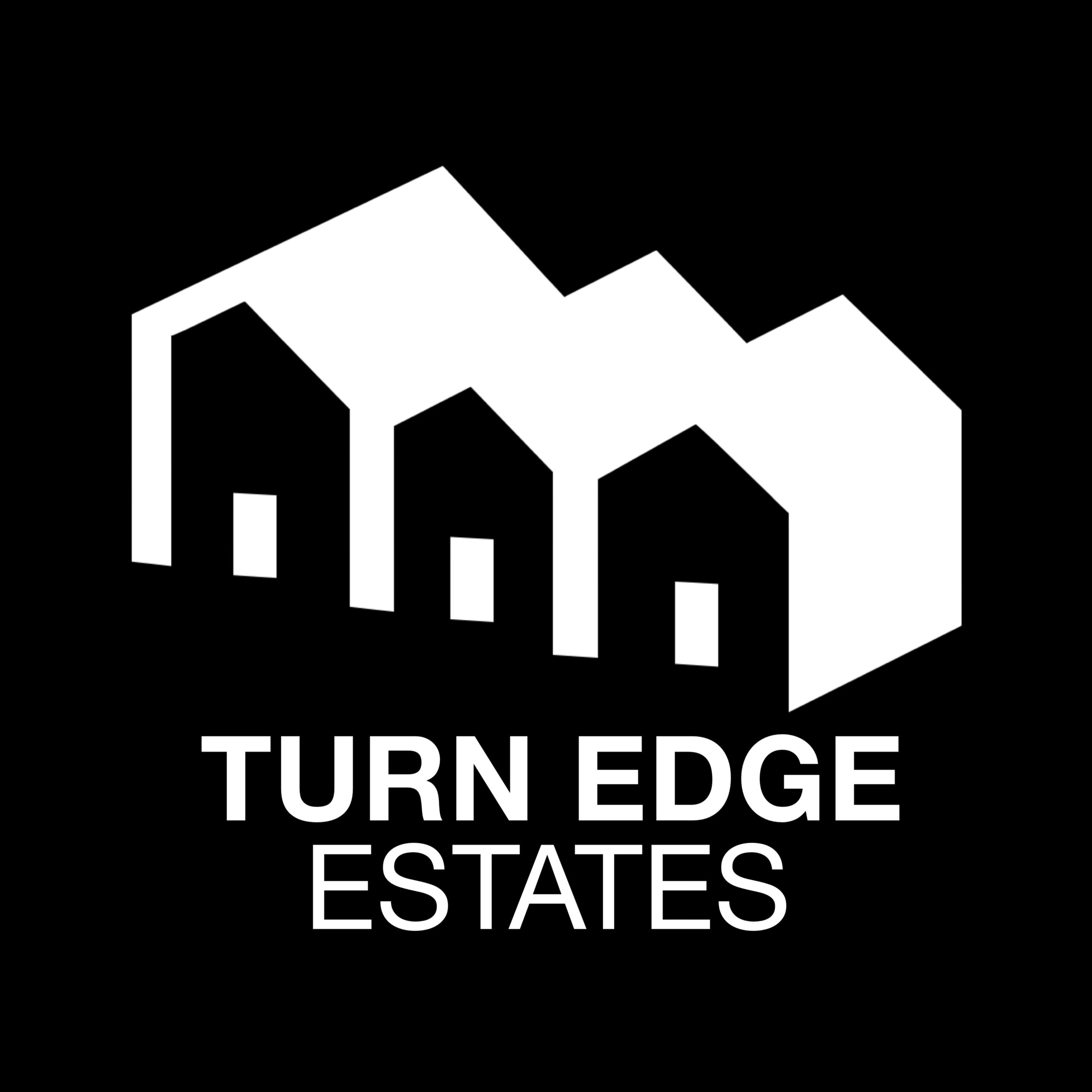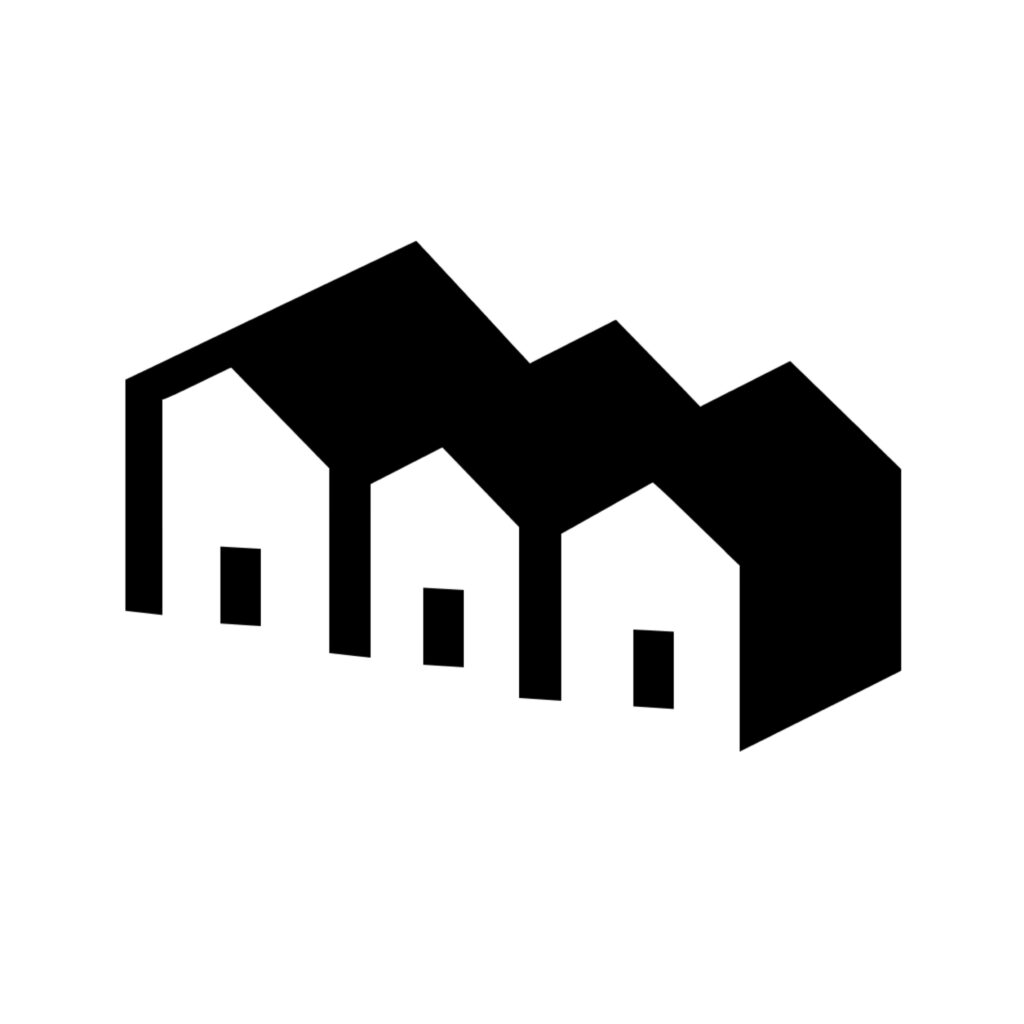Charlotte, NC, offers an appealing rental market from apartments to townhomes. The city has no shortage of rental properties, which means plenty of opportunity but also plenty of competition.
Before you hand over the keys to your first rental tenant, it’s essential to understand the responsibilities that come with being a landlord. Whether you’re preparing to rent out your current home or purchasing an investment property, knowing the city and state requirements is crucial. A rental listing is often a prospective tenant’s first impression of their future home, so ensuring your property and listing are well in order will help you stand out while protecting your investment. Whether you are looking for a benefit from the extra income or holding off for a better chance to sell, here are 5 key considerations that will get you in the right direction of renting your home.
Key Takeaways: Prepare, Promote, and Protect Your Rental Property
- Thoroughly inspect your rental property and research local market trends to set competitive rent and attract quality tenants.
- Ensure your rental meets Charlotte’s zoning laws, housing codes, and tax requirements to avoid regulatory issues.
- Highlight your property’s best features with effective marketing strategies on rental websites or community boards.
- Carefully screen applicants by checking references, credit, and background to select responsible, reliable rental tenants.
1. Preparing Your Home and Understanding the Rental Market
Before listing your property for rent, start with a thorough property assessment. Hiring a professional home inspector can help you identify any issues with key systems such as roofing, HVAC, and electrical. Addressing these concerns early not only ensures your property is safe and functional but also positions it to attract quality tenants. Making necessary repairs and adding improvements can make your home stand out in Charlotte’s competitive rental market.
When evaluating your property’s potential, consider the current market conditions. As of 2025, demand for rentals in Charlotte remains high. Research online listings to compare your property with similar homes in size, condition, and amenities. Keep in mind that location is a major factor. Rental properties in sought-after “A class” areas—such as Myers Park or Uptown—can command significantly higher rents. On the other hand, rental homes in more affordable “C class” neighborhoods, like University Park, may offer a stronger return on investment. This is often due to lower purchase prices and steady tenant demand.
Additionally, larger homes, extra bedrooms, updated kitchens, outdoor spaces, or luxury features like a pool can all justify higher rental rates. Strategic upgrades can give you an edge in attracting rental tenants willing to pay more.

2. Staying Compliant with Charlotte’s Rental Regulations
In Charlotte, you are not required to have a formal rental license to lease out your property, but you must ensure it meets the city’s zoning requirements. Your home needs to be located in a district where residential rentals are permitted, and these zoning rules can vary from one neighborhood to another. It’s a good idea to check with the local government office to confirm that your property qualifies and to see whether any special permits are needed. Taking this step early can prevent delays or complications once you’re ready to welcome rental tenants.
Beyond zoning, landlords must also pay close attention to tax obligations. Any rental income you receive must be reported on your tax return, and failing to do so could lead to penalties. Many first-time rental landlords find it helpful to work with a tax professional who can explain what counts as taxable income, guide you on eligible deductions, and make sure your records are in order. Staying compliant not only keeps you on the right side of the law but also helps you better manage the financial side of your rental investment.
North Carolina also requires rental landlords to have a written lease agreement that clearly outlines the rent amount, due date, and each party’s responsibilities. This is also the place to address important details like whether pets are allowed, how maintenance requests should be handled, and any other rules you want to set for your property. Because the lease is legally binding, many landlords choose to work with a real estate attorney to make sure it’s thorough and enforceable. Security deposits are also regulated—there are limits on how much you can collect, rules on where the money must be held, and deadlines for returning it to the rental tenant.
Understanding these requirements upfront will help you avoid disputes and maintain a positive landlord-tenant relationship. Additionally, you’ll need to comply with state maintenance standards and housing codes, ensuring your rental is safe and livable. As the laws and documents surrounding renting can be complex, the city has published a rental housing handbook for landlords and tenants.
3. Finding the Right Rent Price and Reaching Prospective Tenants
Once your property is ready, the next step is to highlight its most appealing features so potential renters can picture themselves living there. Popular draws include essentials like a washer and dryer, air conditioning, and a garage, as well as attractive upgrades such as granite countertops, stainless steel appliances, or hardwood floors. Be sure to incorporate these terms into your rental listing wherever they apply, as they can help your rental property stand out in search results.
When it comes to marketing, cast a wide net. Post your rental listing on reputable rental websites or community boards. High-quality photos and videos will make your rental ad more engaging, while social media can help broaden your reach. If you prefer professional assistance, you can work with a real estate agent or property management company to handle advertising, showings, and tenant screening. Keep in mind that real estate agents typically charge a commission if they secure a renter, while property management fees in Charlotte generally range from 8% to 12% of the monthly rent, plus possible additional costs.
Finally, always ensure your marketing and tenant selection process comply with federal and North Carolina Fair Housing laws. These laws prohibit discrimination based on race, color, religion, national origin, sex, familial status, or disability, and apply to every step—from advertising language to lease signing. Staying compliant not only protects you legally but also builds a positive reputation as a rental landlord.
4. Select the Best Rental Tenants Before Handing Over the Keys
Finding the right rental tenant is one of the most critical steps in protecting your investment. Begin your search as soon as the rental property is ready to be shown and take the time to evaluate applicants thoroughly. This means gathering references, contacting previous landlords, and verifying employment or income to ensure they have a stable financial background. Running a credit check—whether through one of the major credit bureaus or a specialized screening agency—can provide valuable insight into a rental tenant’s payment history and overall financial responsibility.
Avoid the common pitfall of rushing to accept the first person who offers to pay a deposit or move in quickly. Instead, use a detailed rental application to collect the information you need, confirm their background, and assess whether they have a strong rental history. Remember to also keep North Carolina’s fair housing laws in mind, which prohibit discrimination based on race, disability, and other protected classes. A careful and compliant screening process will help you secure reliable rental tenants who are more likely to pay on time, respect your rental property, and maintain a positive rental relationship.

5. Maintaining and Managing Your Rental Home
Proper rental property management goes beyond simply collecting rent, it’s about keeping your rental investment in top condition and ensuring compliance with Charlotte’s local housing and building codes. These regulations set the minimum standards for safety, habitability, and upkeep, so regular inspections and timely repairs are essential. Staying proactive with maintenance not only helps you avoid costly violations but also preserves the value of your rental property over time.
Alongside upkeep, protect your investment with the right rental insurance coverage. Landlord insurance is a must—it can shield you from liability claims, cover repair costs from damage, and even replace lost rental income caused by events like natural disasters or theft. Being attentive to both physical maintenance and financial safeguards will give you peace of mind while ensuring your tenants have a safe, well-maintained rental home.
Bottom Line
Renting out property in Charlotte offers promising opportunities, but success depends on careful preparation and ongoing management. From evaluating your property and understanding local regulations to setting competitive rent, screening tenants thoroughly, and maintaining your investment, each step plays a vital role in protecting your income and ensuring a positive rental experience. By staying informed and proactive, investors can confidently navigate Charlotte’s competitive rental market while maximizing returns and minimizing risks.
Your Local Solution for Quick, Profitable Property Sales
Looking to maximize your property’s potential without the stress of being a landlord? At Turn Edge Estates, we specialize in helping Charlotte property owners sell quickly and profitably—whether you have a move-in-ready home, a fixer-upper, or a rental you’re ready to let go. As a local real estate business, we know the Charlotte market inside and out. If you’re ready to cash out on your investment or simply want to explore your options, reach out to Turn Edge Estates today and see how easy selling your property can be.

